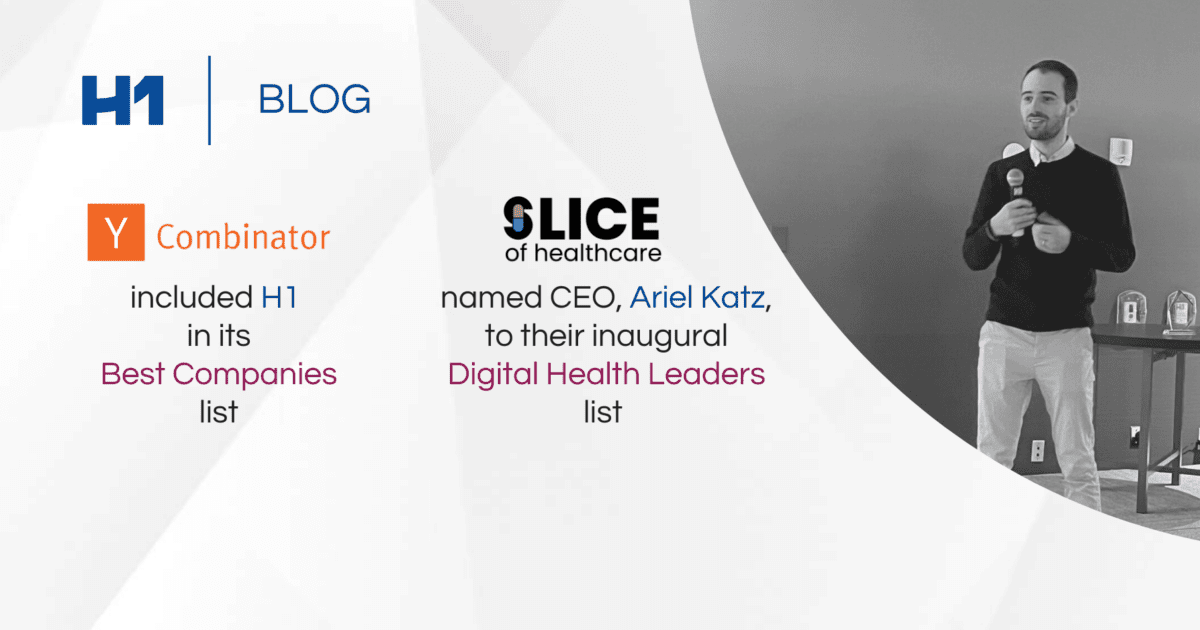Three Ways Field Medical Teams Can Close Care Gaps and Increase Scientific Share of Voice

As the primary interface between healthcare providers (HCPs) and pharmaceutical companies, medical science liaisons (MSLs) have a unique opportunity to engage with HCPs in clinical discussions and bridge care gaps by providing crucial insights into evidence-based medicine. An MSLs’ primary responsibility is to engage with physicians and HCPs through scientific and clinical discussions.
MSLs play a critical role at every stage of the product life cycle: from connecting the company with experts who can help identify unmet healthcare needs and evidence gaps that inform research efforts to educating scientific and medical leaders on how a new therapeutic serves patient needs.
By leveraging their expertise and knowledge to increase scientific share of voice, MSLs can help drive better patient outcomes, foster trust in brand messaging, and improve public health overall.
Given the critical role that MSLs have in closing care gaps, it is important for life sciences companies to provide their field medical teams with sufficient training, resources, and support. It is also important to ensure they are properly equipped with the right tools and technology to actively engage in meaningful conversations with HCPs.
To be better positioned to identify opportunities, address unmet needs, and expand scientific share of voice, MSLs need access to real-time data and evidence-based information.
Access to Evidenced-Based Knowledge
With the right tools and knowledge in hand, MSLs have a unique opportunity to foster relationships between physicians and industry professionals. Through regular interactions such as in-person meetings or virtual forums, MSLs should be encouraged to exchange insights about clinical best practices or discuss research trends.
These conversations also open up dialogue for deeper understanding of patient outcomes and long-term effects of different treatments.
MSLs also play an important role in amplifying a brand’s scientific share of voice.
By participating in education programs such as speaker series events or roundtable discussions, MSLs can help build trust with HCPs by providing reliable information on the latest advancements in healthcare treatments. They can also provide data-driven insights into ongoing research activities or highlight the latest evidence-based medicine initiatives designed to improve health outcomes. By leveraging these educational platforms, MSLs can help amplify both positive brand messaging as well as emerging science around treatments that have yet to reach mainstream adoption for prescribers.
In some of our work with leading global pharma companies, we have been in a unique position to notice patterns in the ways organizations struggle or simply fail to engage and support external experts.
Given the vital role that field medical affairs professionals play in their organizations, how can they most effectively operate?
Below we share three best practices for medical affairs teams that we’ve observed:
1. You Simply Have to Prepare
To help your life sciences organization connect with the right external experts, medical affairs team members, including Medical Science Liaisons (MSLs), must be very well versed in all aspects of those experts’ research, interests, and perspectives.
When an MSL thoroughly understands experts, they’re also able to better serve that external expert, finding opportunities for that expert and the company to collaborate in a way that is mutually beneficial.
Make sure that the business objectives of the organization match the expertise of that scientific thought leader. And in turn, MSLs need to serve up those kinds of projects that the KOL is interested in.
2. Refresh Expert Lists in Each Therapeutic Area
It’s critical for medical affairs teams to update their experts in each therapeutic area to maintain a diversity of perspectives and inject fresh ideas and insights and more often if possible with the right data partner where data updates can come as often as real-time or daily.
Refreshing the expert list can identify potential rising stars that weren’t initially part of an organization’s core list, illuminate shifts in research focus, and create new collaborations opportunities.
It’s also important to refresh your experts so that your organization avoids going back to the same HCPs over and over. This problem can be particularly common with advisory boards in which the same experts serve year and year.
One of the ways to avoid this and increase diversity of thought is to pair a seasoned pro that has been out there for quite a while — a true key opinion leader — with a rising star, a greener faculty member with amazing expertise and fresh, innovative perspectives.
A mixture of insights from people that have been doing this a very long time and people that are coming out of their fellowships can create the rich texture of advice and improved diversity and inclusivity of the experts being engaged.
3. Personalized and Profiled: HCP Targets & Clinical Knowledge
As an MSL or medical affairs team member, you can expect your company to put you on the spot to identify the right expert for an immediate or fast-approaching need, such as an upcoming conference. That’s why writing out a cheat sheet on what a KOL is about and being able to clearly articulate that is so important.
What kind of information should MSLs track about their experts to potentially include in their cheat sheet?
Try this activity to start – grab a sheet of paper and jot down these things…
The Cheat Sheet
- The expert’s digital footprint, including how often they are digitally cited, how active they are in their specific social channels, and how often they are generating their own scientific content
- What expertise or experience the expert has beyond their therapeutic area, such as experience in utilizing real-world evidence or understanding policy decisions
- How the expert works with the rest of industry
- How the expert works with the MSL’s organization
Medical Science Liaisons (MSLs) are often the bridge that connects a healthcare organization to its key opinion leaders (KOLs). When MSLs understand their KOLs and can effectively share that understanding with the rest of their teams, they are able to create meaningful experiences for both the company and its external experts. Knowing how to make use of the data collected from HCPs is key to creating a successful MSL program, which means it’s time to rethink engagement and respond to healthcare professionals (HCPs) based on their preferences.
The H1 platform and the HCP Universe solution in particular helps medical affairs professionals discover this information and anything else they would want to know about an expert. Updated daily, HCP Universe is a daily resource for Medical Affairs and MSL teams that pulls from H1’s comprehensive and connected HCP intelligence repository to provide vital, 360-degree insights on global HCPs/KOLs and the patient populations they serve. Please request a demo to learn how HCP Universe can help you achieve ruthless preparedness as a medical affairs professional.
